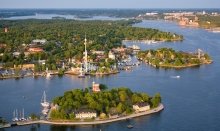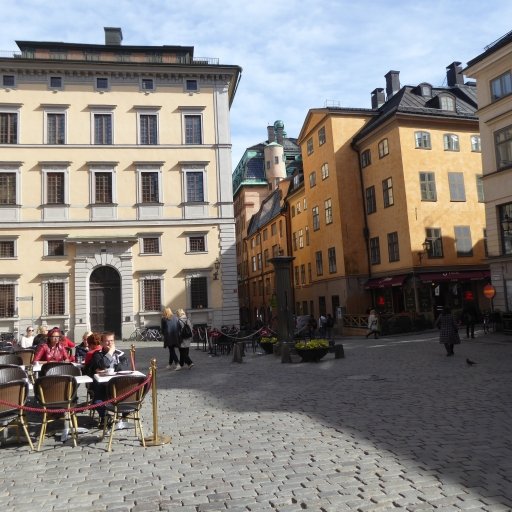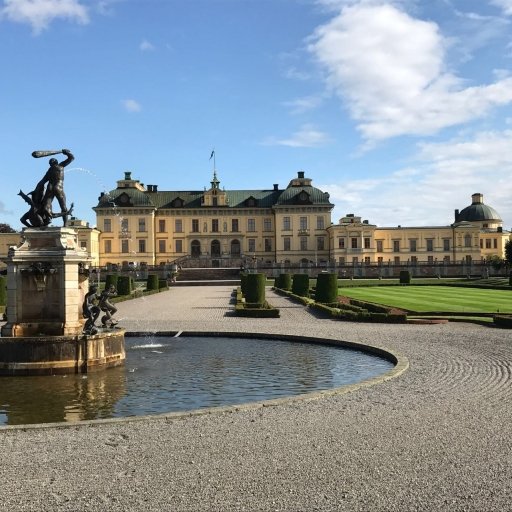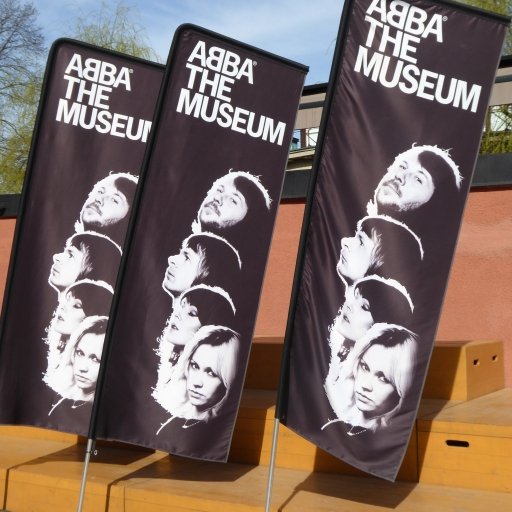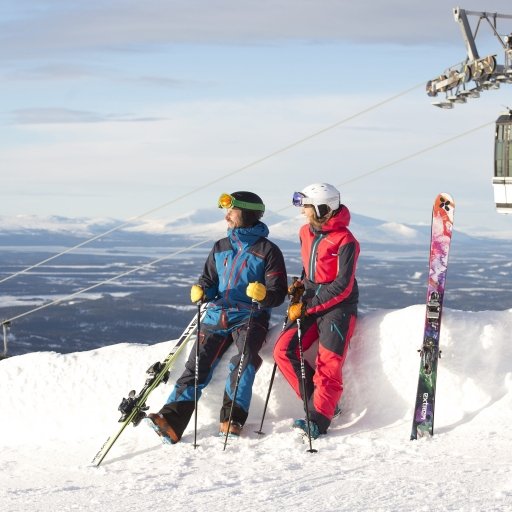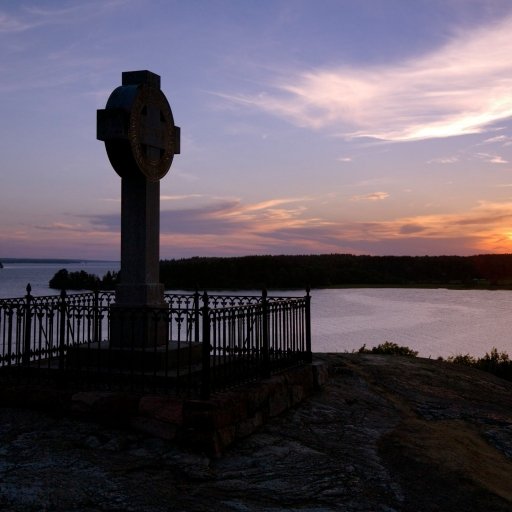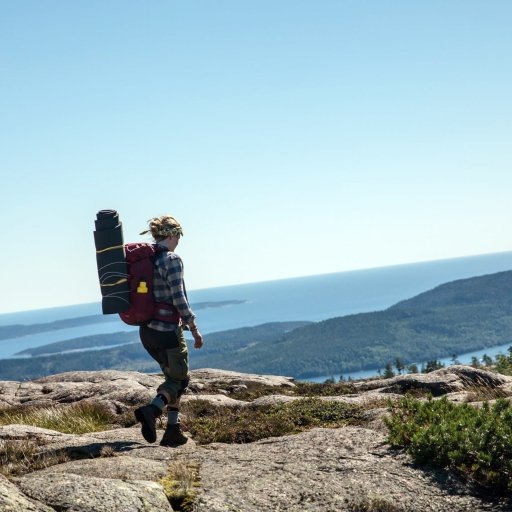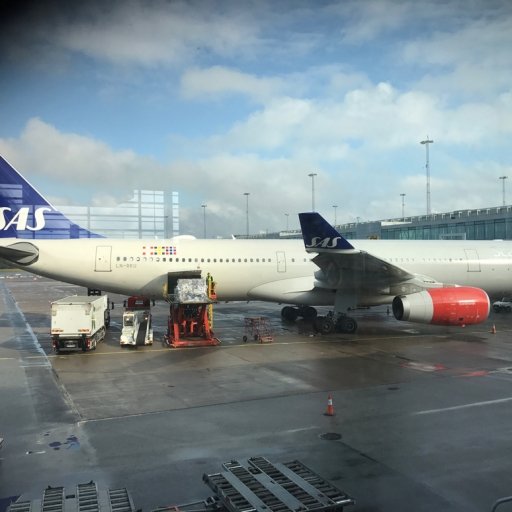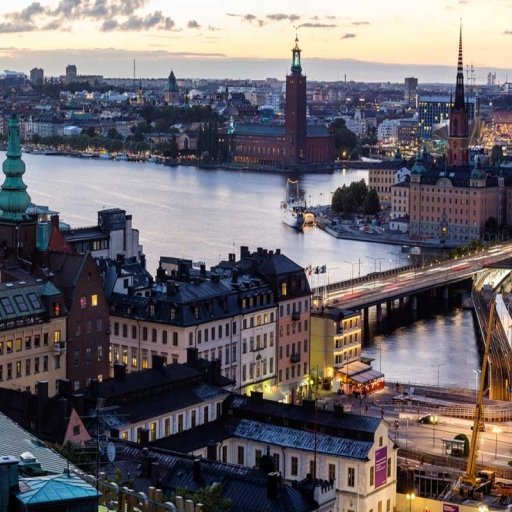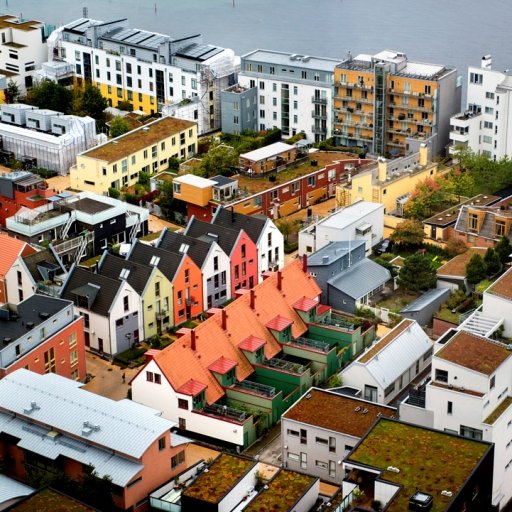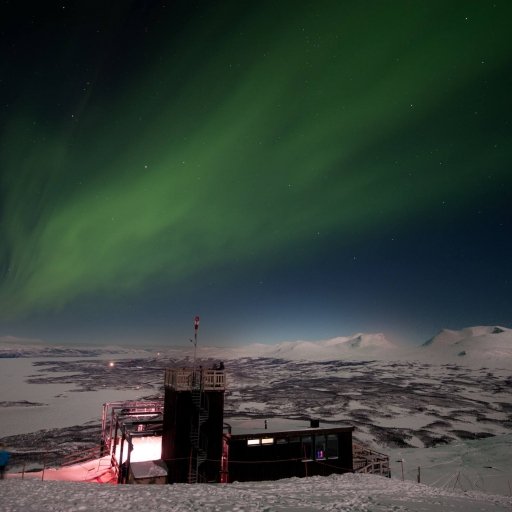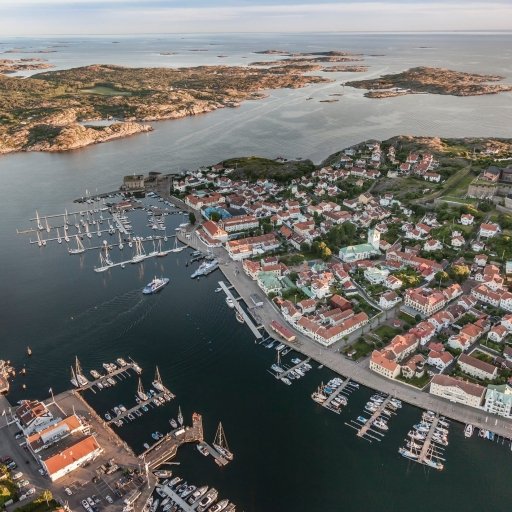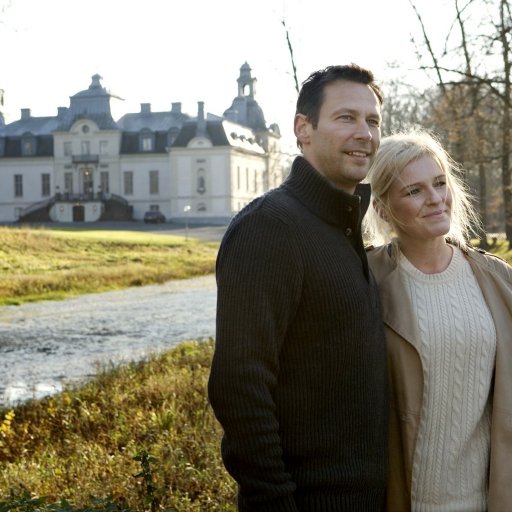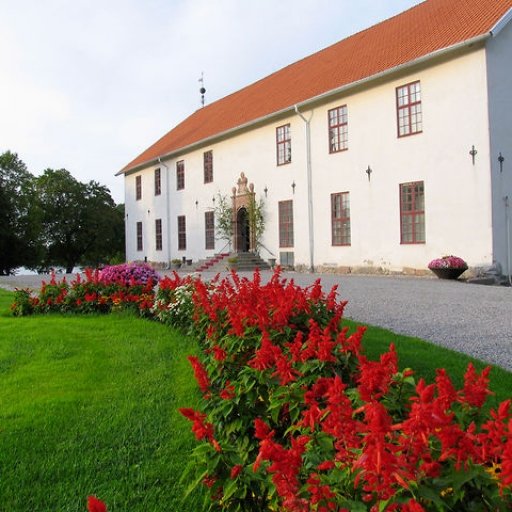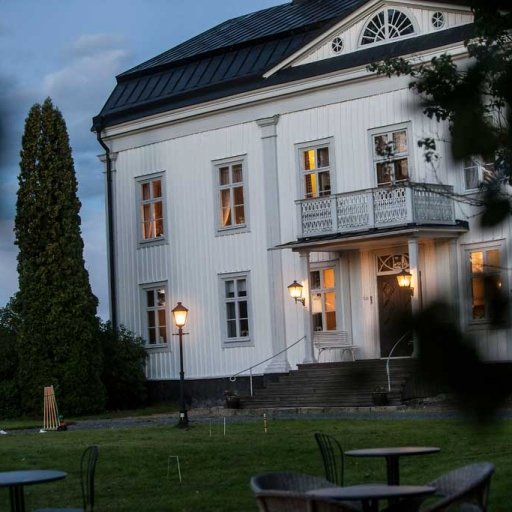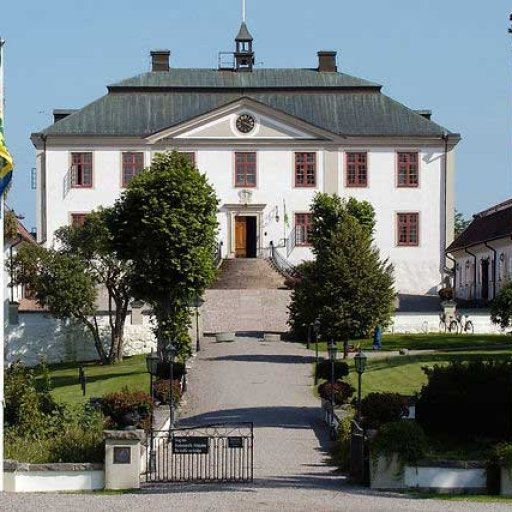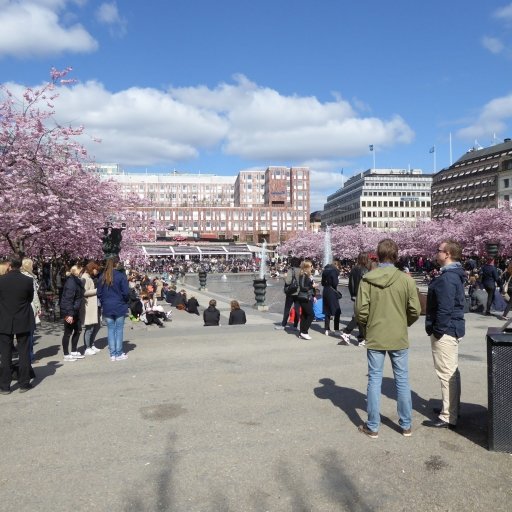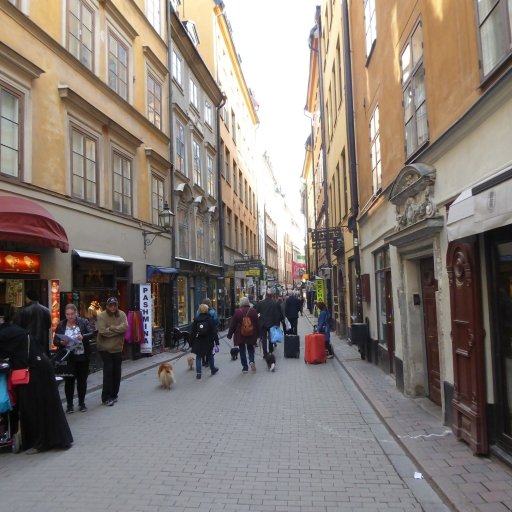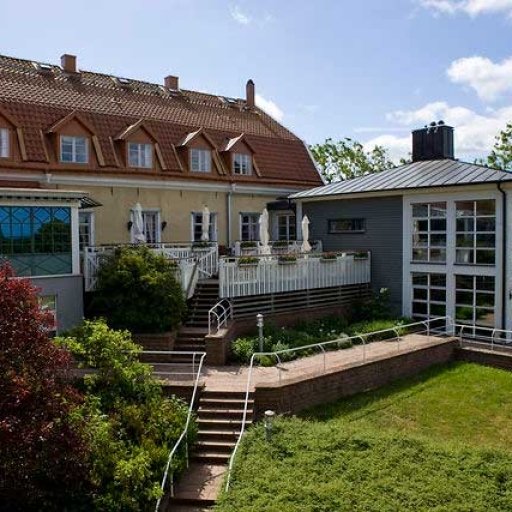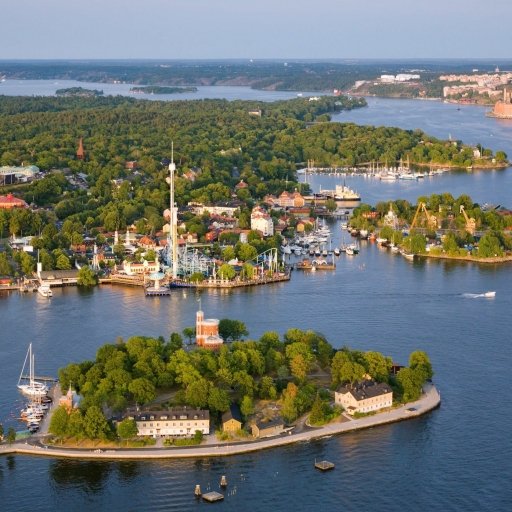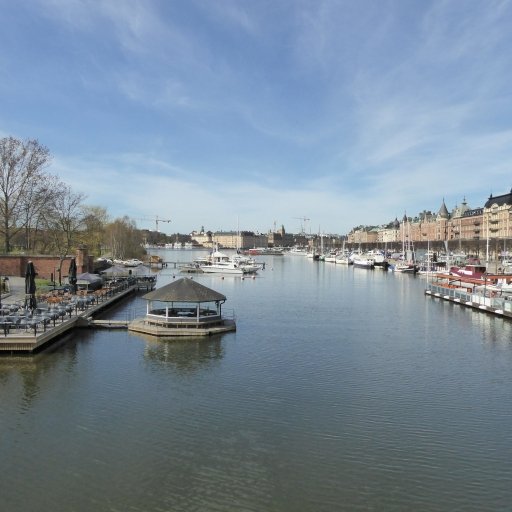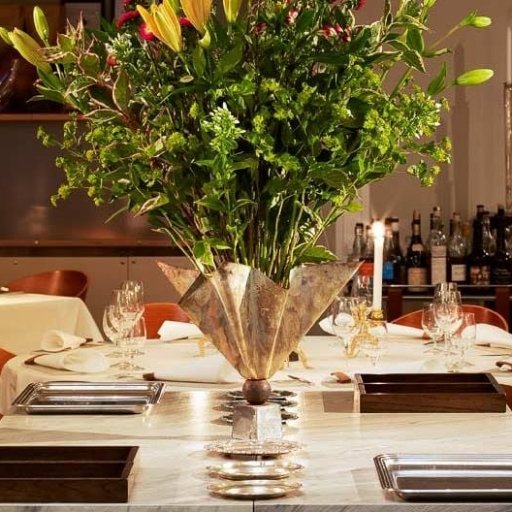Sweden Travel Guide
Sweden is a fascinating country with a unique nature, history and culture.
North of the Arctic Circle, you find some of the most beautiful national parks. Here, the Midnight Sun shines in summer, and the Northern Lights light up the night sky in the winter.
Stockholm, Sweden's trendsetting capital, is a beautiful mix of intact medieval architecture and elegant modern design. It is built on 14 islands, linked by bridges and ferries, so there is always water in view.
Short facts about Sweden
Sweden is a long, narrow country, and its countryside varies from rocky beaches to lush forests, beautiful lakes, and idyllic farmlands with little red cottages.
Like the other Nordic countries, Sweden has achieved an excellent standard of living. Its system of high-tech capitalism and extensive welfare benefits combines with a highly skilled labour force.
Resources like timber, hydropower, and iron are constituents, and the economy is oriented towards foreign trade. Most companies are privately owned, and many focus on engineering and communication technology.
Sweden is a member of the Schengen agreement.
The people in Sweden
Swedes are formal and serious-minded. On many occasions, Sweden has been the conscience of the world. Swedes are proud of their country, its lakes, forests, and natural beauty. A characteristic is "svårmod," melancholia that perhaps derives from the long, dark winters.
This characteristic may also explain the Swedish enthusiasm for parties, for example. Walpurgis Night, the eve of 1 May, and they love to dance and sing - no surprise that the popular music group ABBA is from Sweden.
The Sami people living in the north of Sweden are fun-loving. Their approach to life is rational, based on generations of experience on a rugged, unforgiving landscape.
The Nobel Prize ceremonies in Stockholm
The prestigious Nobel Prize is presented at ceremonies in Stockholm and Oslo every December. The award ceremony takes place in Konserthuset in Stockholm, and there is a prize in physics, chemistry, physiology, medicine, and literature.
Since 1969, the Bank of Sweden has given an award for economic sciences. In Oslo, the Nobel Peace Prize is presented on the same day.
Alfred Nobel (1833-96) was a chemist and inventor, and he left a fortune, which is why it is possible to give many millions each year to the winners.
Allemansrätten - Right of public access
One of the unique joys of living in Sweden is allemansrätten, or the Right of Public Access. It is an unwritten right of access that permits the Swedes to hunt, fish, walk, and camp for one night anywhere, provided they do no damage, do not fall live trees, or allow fires to get out of control. Over time, these absolute rights have been restricted to accept the need for regulation in a civilised society. Hunting is regulated; fishing requires permits except on the coast and in the largest lakes. Camping is not allowed on obviously private land.
However, the general rule is that visitors are allowed to walk across lands at a reasonable distance from houses, yards, gardens, and fenced-in areas. With this right comes the responsibility to tread carefully and show consideration for landowners and others.
Famous brands from Sweden
- Hennes & Mauritz
- Ikea
- ABBA
- Ingmar Bergman
- Pippi Longstocking
- Absolut Vodka
- Vikings
Climate in Sweden
Sweden's climate is milder than expected because of the warm Gulf Stream. Spring runs from March to May, and summer runs from June to August. The seasons in Sweden are quite different depending on where you visit the country.
The country is divided into three major regions: Götaland (south), Svealand (middle), and Norrland (north).
Most people think of winter when they hear of Sweden. But because of the warm Gulf Stream, the climate here can be much milder than expected.
Spring, summer, fall and winter each have their unique personalities. Spring runs from March/April to May, summer from June to August, fall from September to October/November and winter from November/December to March/February.
